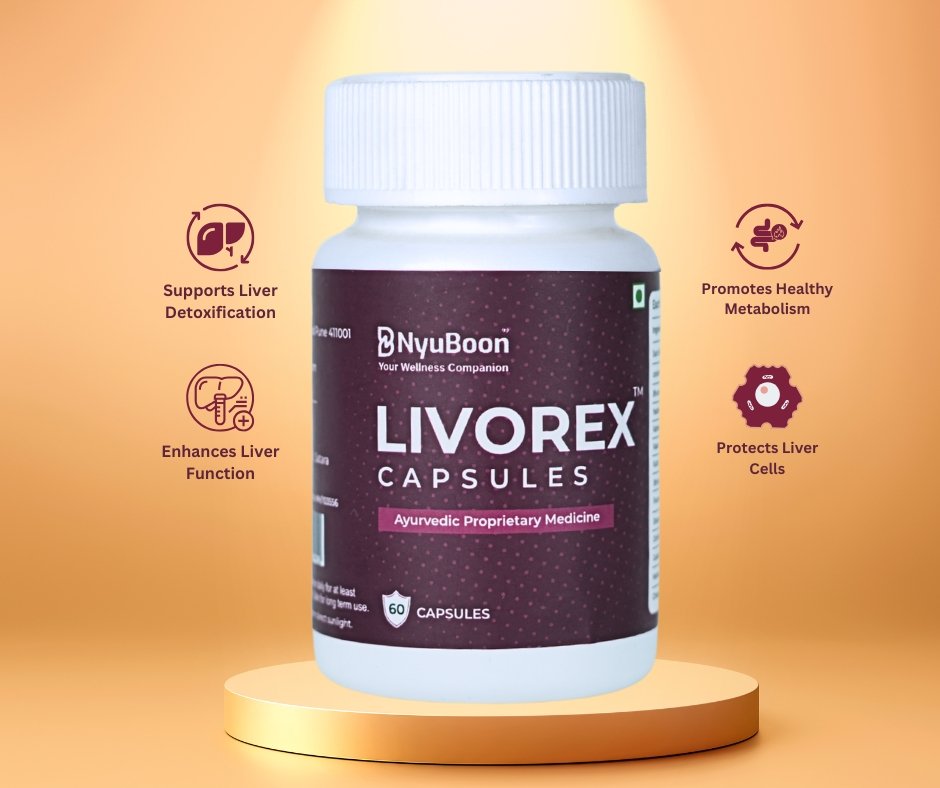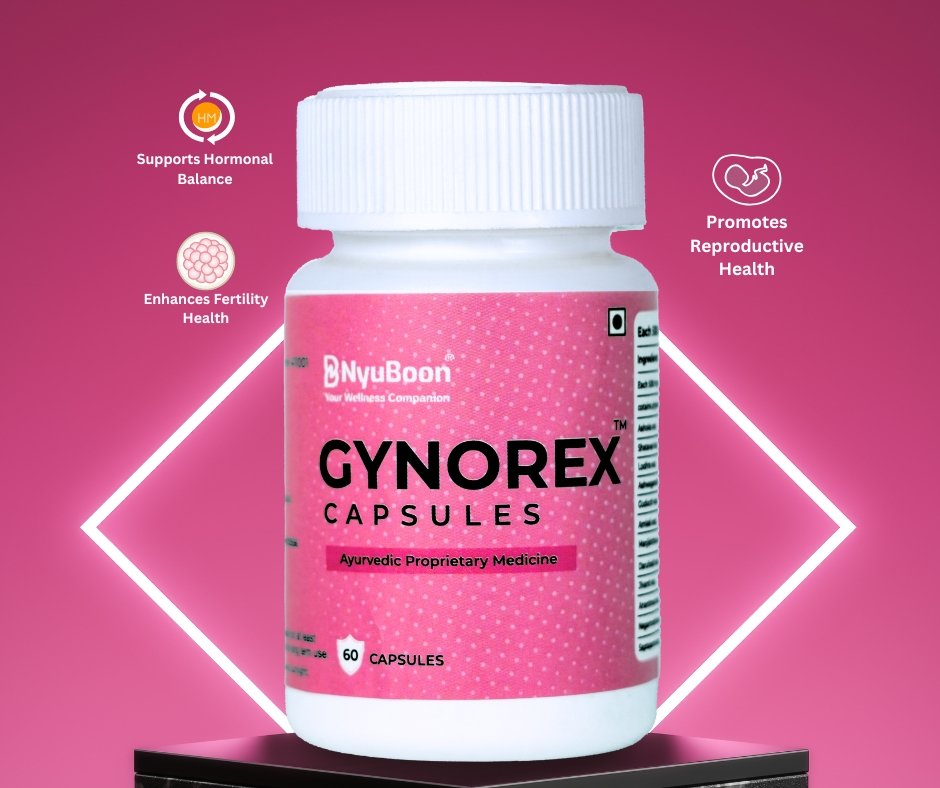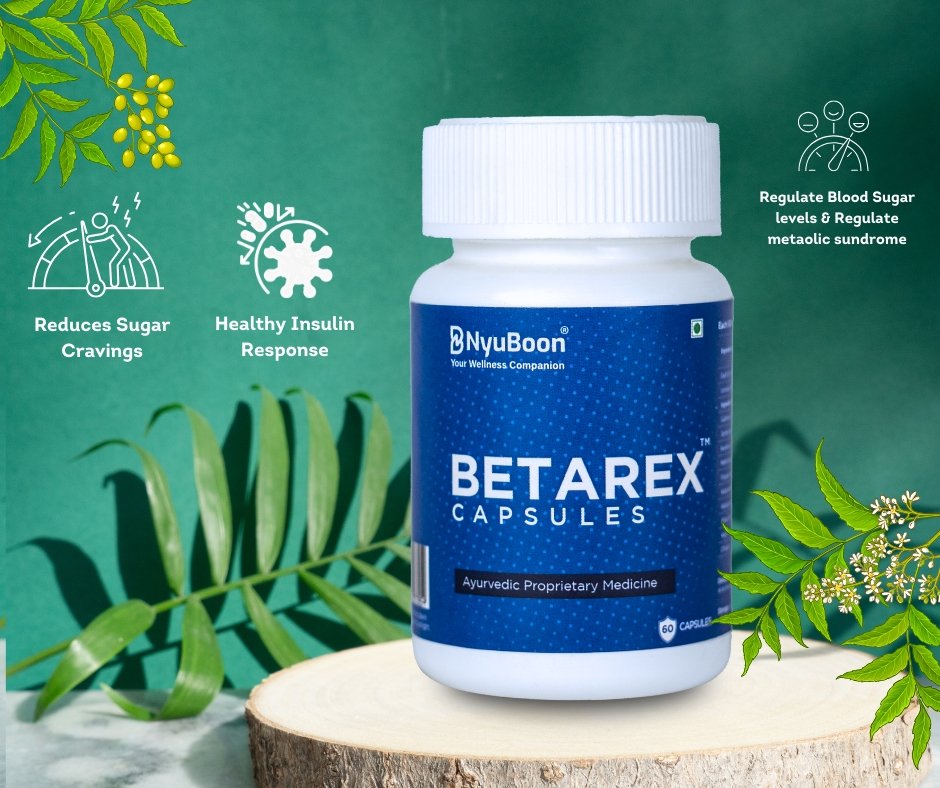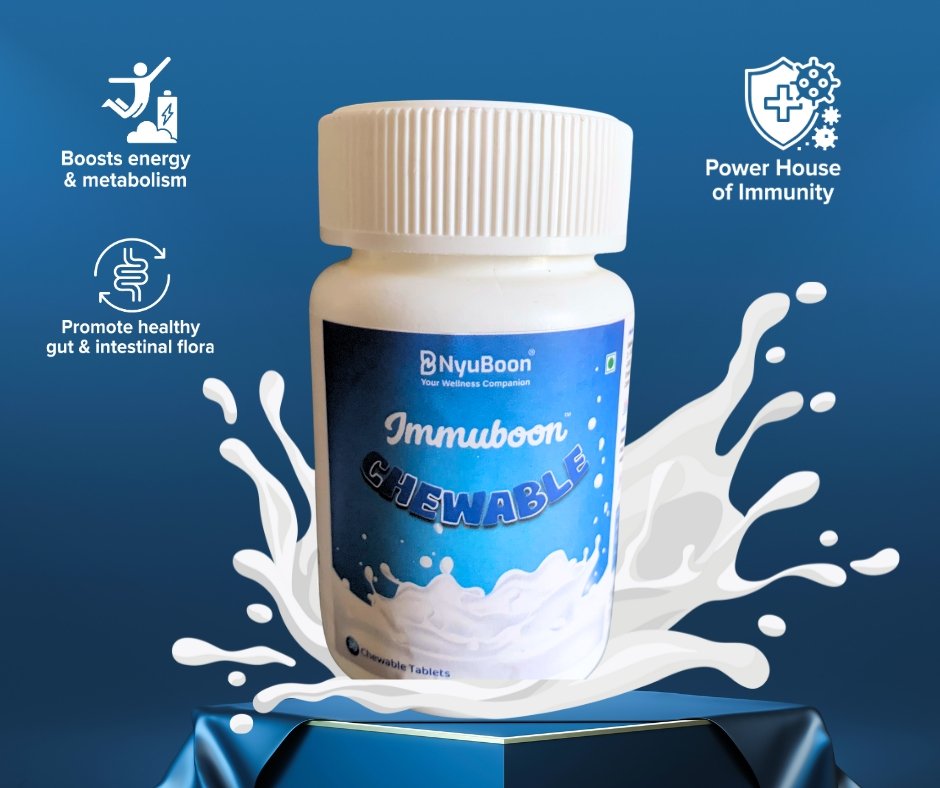
The HIBIL Score is a comprehensive health check that evaluates key biomarkers to identify potential health risks. It helps detect disorders related to the immune system, metabolism, and overall body function before symptoms appear.
A high or low HIBIL Score may indicate disorders such as diabetes, hypertension, cholesterol imbalances, liver issues, immune dysfunctions like dengue or viral infections, and more.
The score monitors vital immune parameters, helping to identify susceptibility to disorders like dengue, chikungunya, and viral fevers, viral Infection, Bacterial Infections , Inflamation.
Yes, the HIBIL Score evaluates glucose levels, HbA1c, and other metabolic markers, providing early warnings about conditions like diabetes and metabolic syndrome.
If your score indicates a risk, consult a healthcare professional to discuss preventive measures or treatments. Strengthening immunity with products like IMMUBOON can also help manage or reduce the risk.
Regular monitoring, at least once every 2 months, is recommended to keep track of any emerging health issues or disorders, especially if you are at higher risk for conditions like diabetes or immune dysfunctions.
Yes, it evaluates digestive health markers, which can indicate disorders like irritable bowel syndrome (IBS), nutrient deficiencies, or inflammation affecting overall well-being.
Absolutely! The score assesses cardiovascular markers, offering insights into potential risks for hypertension, high cholesterol, and other lifestyle disorders, allowing for proactive health management.
















